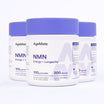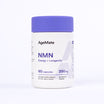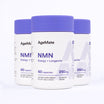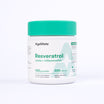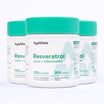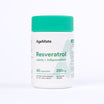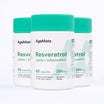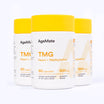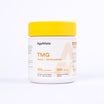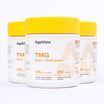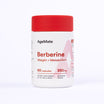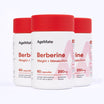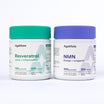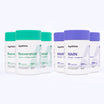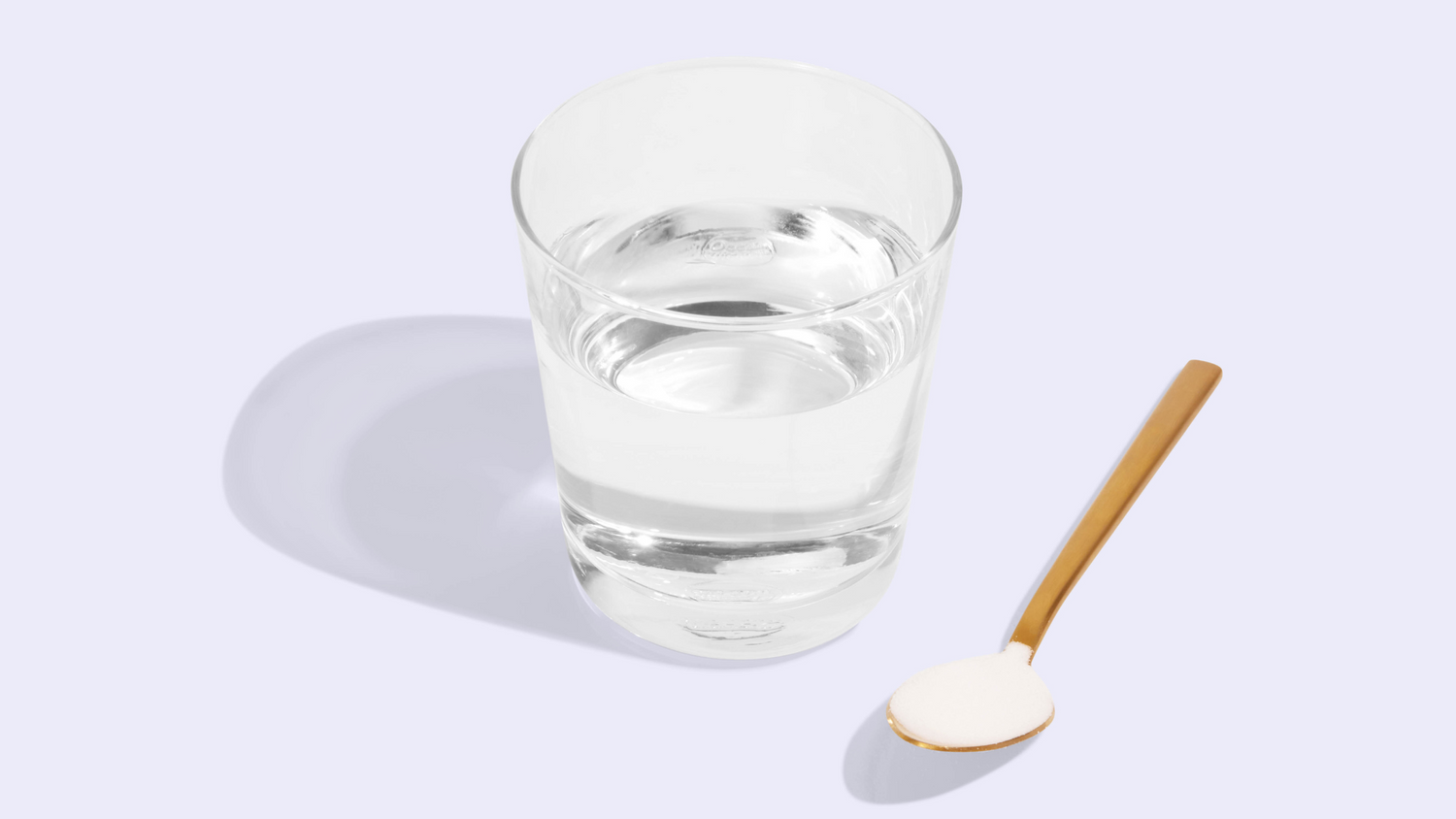Resveratrol, a natural polyphenol found in grapes, berries, peanuts, and red wine, has garnered widespread attention for its potential health benefits, including anti-aging, anti-inflammatory, and cardioprotective effects.
As interest in incorporating resveratrol into dietary supplements and pharmaceuticals grows, understanding its chemical properties, such as solubility, becomes crucial (R).
A key question that arises in this context is: Is resveratrol water-soluble? This article explores the solubility of resveratrol, its implications for bioavailability and consumption, and how this knowledge impacts its use in health and wellness.
Solubility of Resveratrol: The Basics
Resveratrol exists in cis-resveratrol and trans-resveratrol, with the latter being the more stable and bioactive. One of the fundamental chemical properties of resveratrol is its solubility.
Resveratrol is classified as lipophilic, meaning it dissolves more readily in fats or lipids than in water. This characteristic significantly affects how the body absorbs and utilises resveratrol (R).
Water Solubility of Resveratrol
Resveratrol's water solubility is relatively low, which poses challenges for its absorption when consumed orally.
The poor water solubility of resveratrol contributes to its low bioavailability, meaning only a small fraction of the consumed resveratrol is absorbed and used by the body.
This limitation has prompted researchers and manufacturers to explore various methods to enhance the solubility and, consequently, the bioavailability of resveratrol (R).
Optimising Resveratrol Consumption for Maximum Benefit
Understanding the best ways to consume resveratrol can significantly impact its effectiveness. Here are some practical tips for incorporating resveratrol into your regimen:

Pairing with Fatty Foods
Due to its lipophilic nature, consuming resveratrol with fatty foods can enhance its absorption. The fats in the meal can increase solubility and facilitate the passage of resveratrol through the intestinal wall into the bloodstream (R).
Foods rich in healthy fats, such as avocados, nuts, seeds, or oily fish, can be excellent companions for resveratrol supplementation.
Consistency is Key
Regular, consistent resveratrol consumption is vital for achieving its long-term health benefits. As with many dietary supplements, the advantages of resveratrol accumulate over time, making daily intake important for sustained effects.
Consultation with Healthcare Providers
Consult a healthcare professional before adding resveratrol or any supplement to your diet.
This is especially important for individuals with existing health conditions or those taking other medications to ensure resveratrol's safe and effective use.
Conclusion
While resveratrol's low water solubility challenges its bioavailability, understanding how to navigate these challenges can unlock its full potential. Individuals can enhance their absorption and efficacy by selecting a quality supplement, such as AgeMate’s Resveratrol and pairing resveratrol consumption with fatty foods.
Embracing these strategies, along with a commitment to a consistent intake and consultation with healthcare providers, can help maximise the health benefits of resveratrol, contributing to overall wellness and longevity.



